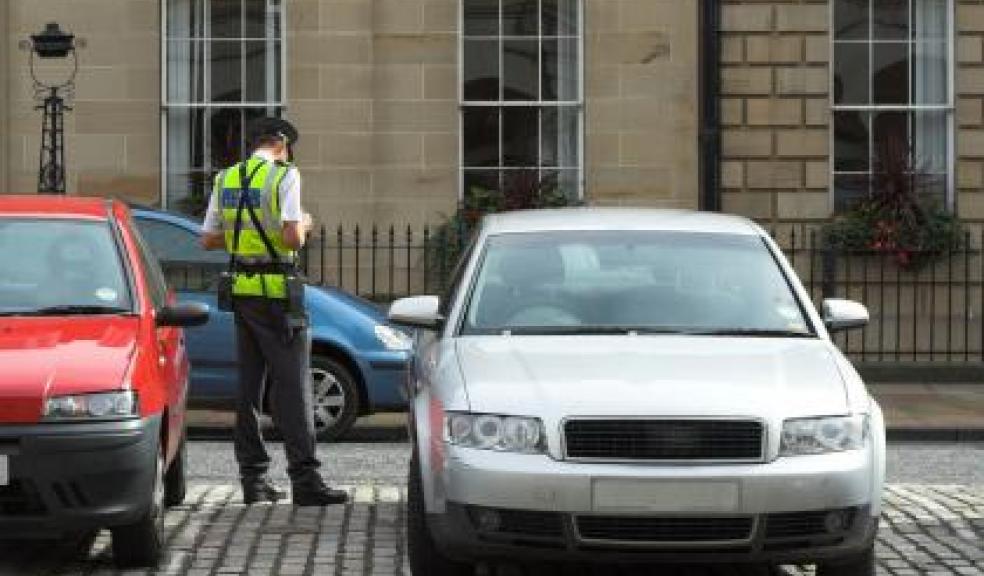
Government caps parking charges to help high street
The government has capped all parking penalty charges and launched a consultation into aggressive parking policy as part of support package to help boost high streets and city centres.
The cap will come into immediate effect in all government parking enforcement ahead of further consultation into local authority parking policies.
The consultation announced by Communities Sectary Eric Pickles could see local businesses get the right to challenge councils over the number and locations of Double-Yellow lines in towns and cities.
The government is also expected to update statutory guidance on parking fines to make clear that councils should not be using the fines as a revenue source.
Also under consideration is the introduction of a statutory ‘grace periods’ before extra parking charges can be issued.
Transport Secretary Patrick McLoughlin said: “Unfair parking fines blight the use of our high streets and force shoppers out of towns.
“We want to rein back aggressive rules by banning the use of CCTV for parking enforcement, reviewing the use of yellow lines, and giving shoppers a ‘grace period’ to get back to their car after their ticket has run out before they get fined.
“We will also update guidance to emphasise a less heavy-handed approach to parking enforcement and to reinforce that charges and fines cannot be used as a means to raise cash.”
The plans were announced by Eric Pickles as part of a wider investment plan for the government to help businesses on UK high streets to grow and develop.
The plans will make changes to planning, parking and digital shopping as well as the economic breaks announced in yesterday’s autumn statement.
Secretary of State for Communities and Local Government, Eric Pickles, said: “The way we use our high streets is changing and the measures unveiled today give councils more power to reflect that in the way their high streets look and operate.
“New tax breaks for shops and sensible changes to over zealous parking rules will help make high streets more attractive to shoppers. And by providing excellent local services and offering communities a vibrant place to spend their leisure time and money, local authorities can secure the future of their high streets for many years to come.”
The largest part of these plans was announced in George Osborne’s Autumn Statement yesterday and will see a renewed relief to businesses rates which will see a reduction in costs in operating from commercial property, especially for small businesses.
The importance of online technology is also recognised with a new multi-million pound competition announced to support business-led digital town centres.
Additionally governments and businesses will fund £4.7 million of research into e-commerce and digital high streets innovations.
In planning, changes to permitted development rights will offer town centres the flexibility they need to adapt existing buildings.
The government will consult on permitting change of use from retail to restaurants and retail to cinemas, gyms, skating rinks and swimming pools.
They will also consult on allowing installation of mezzanine floors in retail premises where this would support the town centre.












